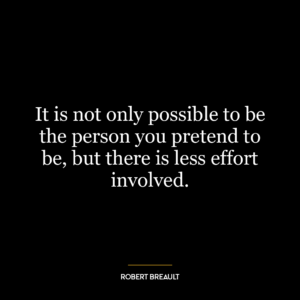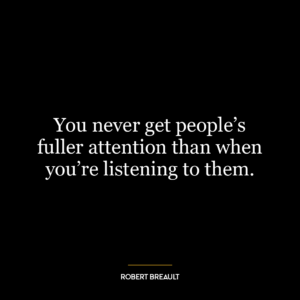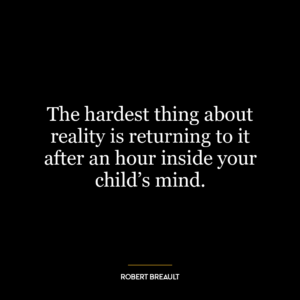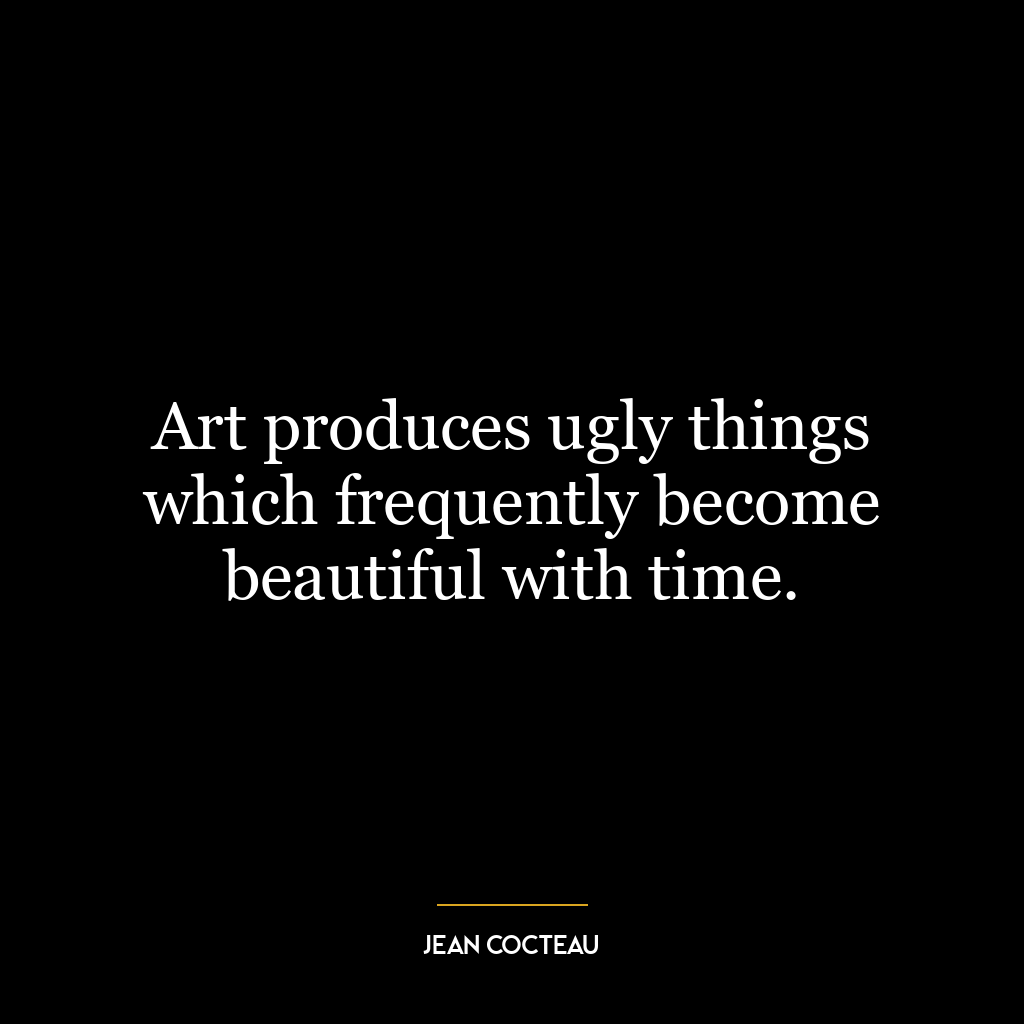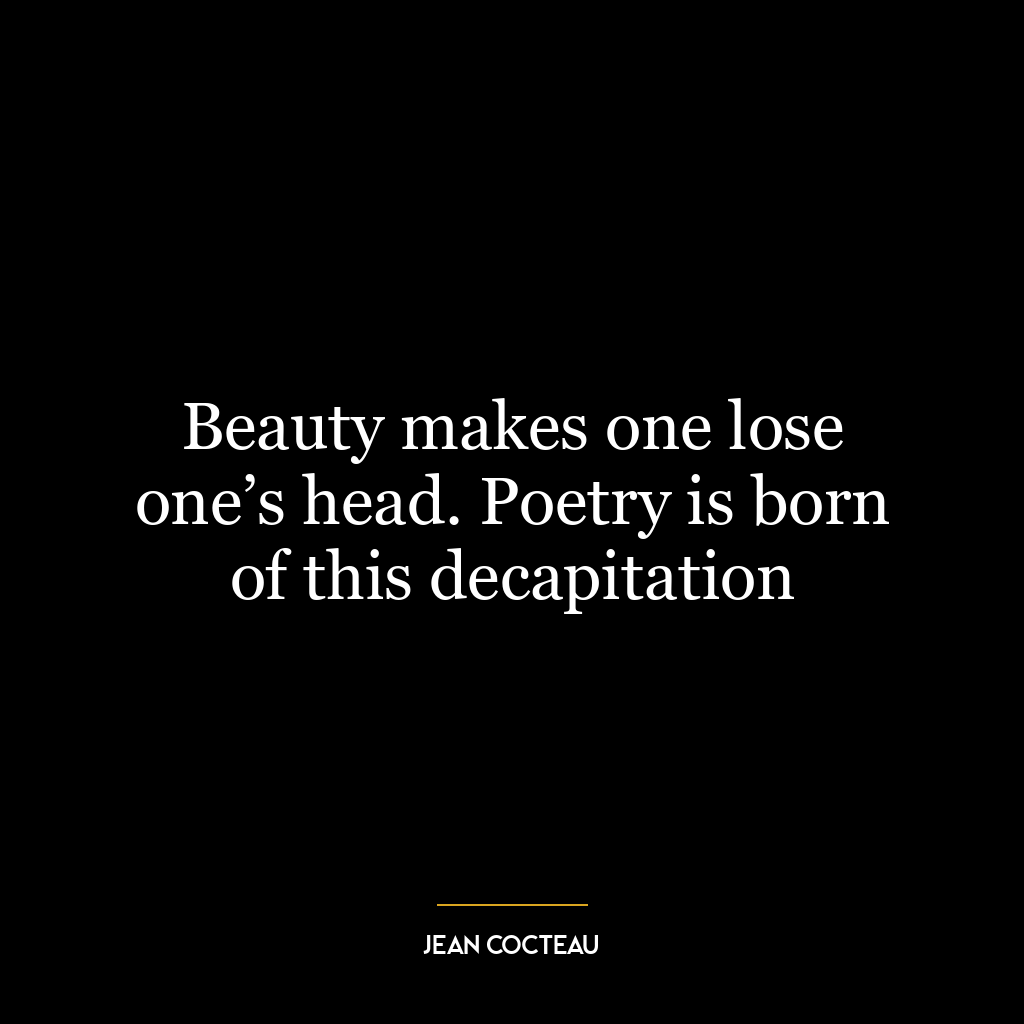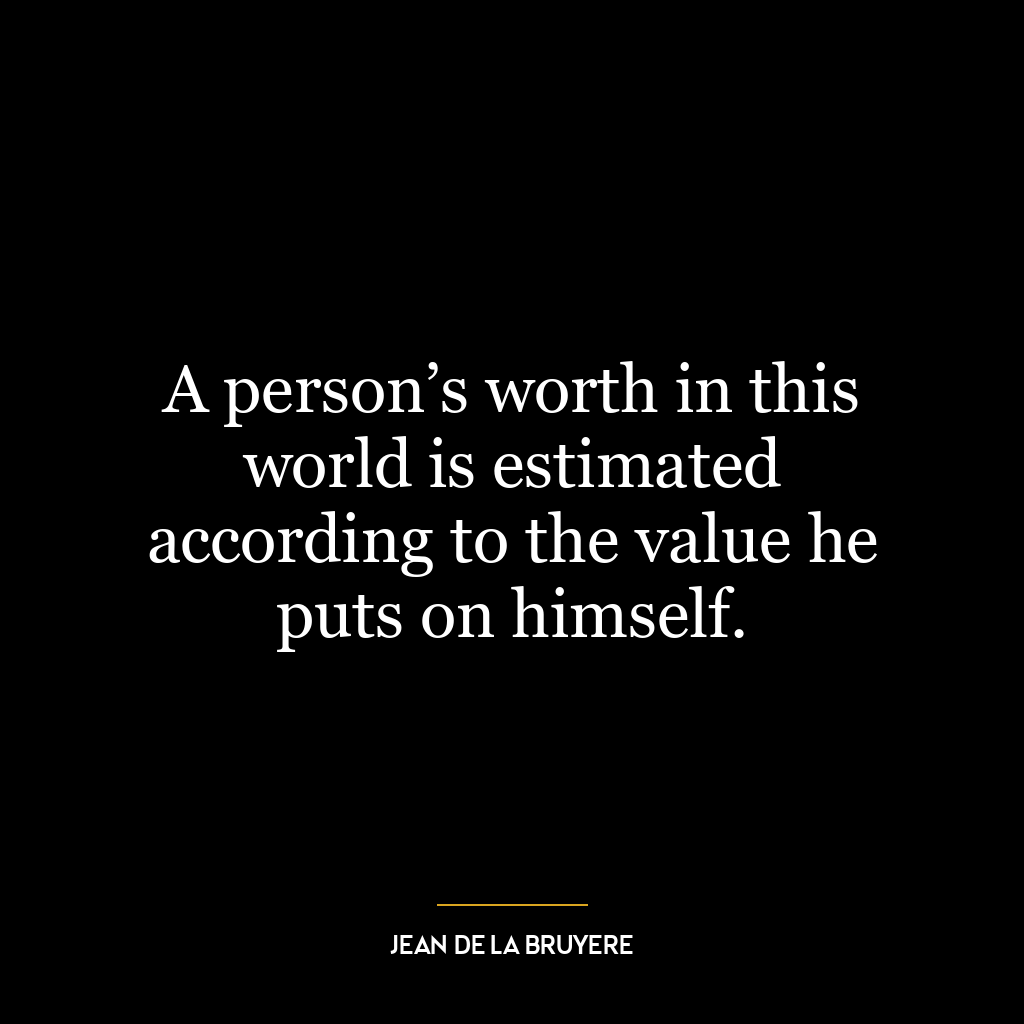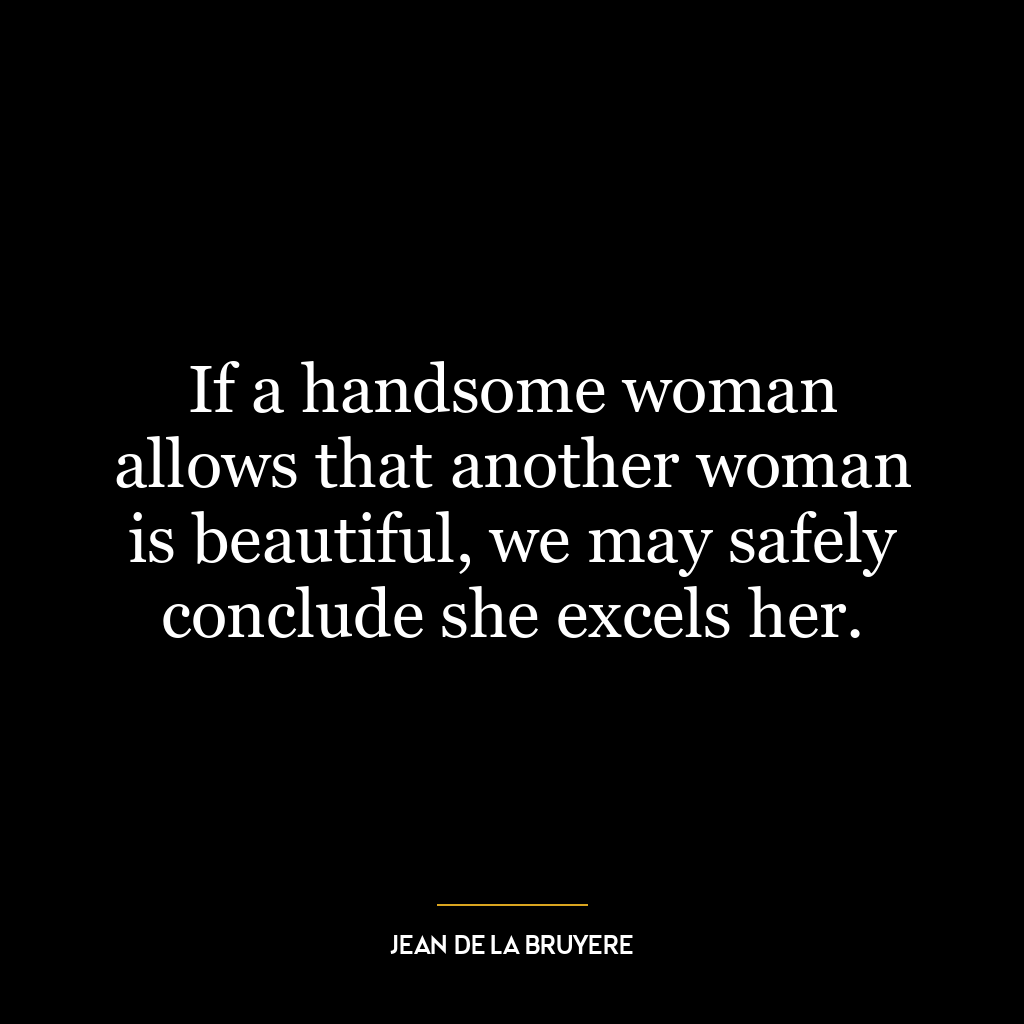Inner beauty, too, needs occasionally to be told it is beautiful.
The quote “Inner beauty, too, needs occasionally to be told it is beautiful.” by Robert Breault speaks to the need for affirmation and recognition of one’s internal qualities. Just as physical attractiveness is often complimented or acknowledged, so shoudl the virtues that reside within us - our kindness, intelligence, resilience and other traits that make us who we are. These traits are our ‘inner beauty’.
Despite being less visible than external features, inner beauty plays a crucial role in our lives. It shapes how we interact with others and how we perceive ourselves.However, these attributes can often go unnoticed or unappreciated because they’re not as readily observable as physical features.
The quote suggests that just like physical beauty needs validation through compliments or appreciative remarks from time to time; inner beauty also requires similar kind of acknowledgment. This encouragement helps nurture these qualities further and promotes self-esteem.
In today’s world where there’s an increasing focus on outer appearances due to social media influences and societal pressures around aesthetic standards- this idea holds significant relevance. people often neglect their inner growth while focusing excessively on their outer appearance.
In terms of personal development, this quote could inspire individuals to pay more attention to nurturing their inner selves – developing qualities such as empathy, resilience or creativity- rather than solely focusing on physical attractiveness. Moreover, it encourages people to recognize and appreciate these qualities in others wich can create healthier relationships based on mutual respect for each other’s character rather than superficial attributes.
Moreover, it serves a reminder for educators and parents about the importance of praising children’s internal characteristics such as kindness or perseverance rather of just commending them for their looks or achievements which are externally validated.
Overall this quote emphasizes a shift in focus from external validation towards an gratitude of intrinsic worth which can foster greater self-esteem and personal growth.






